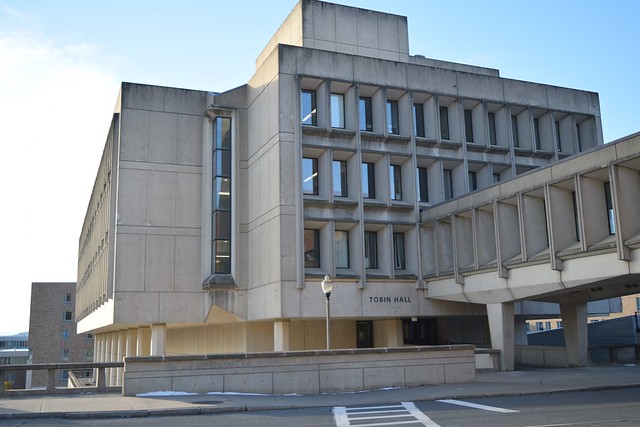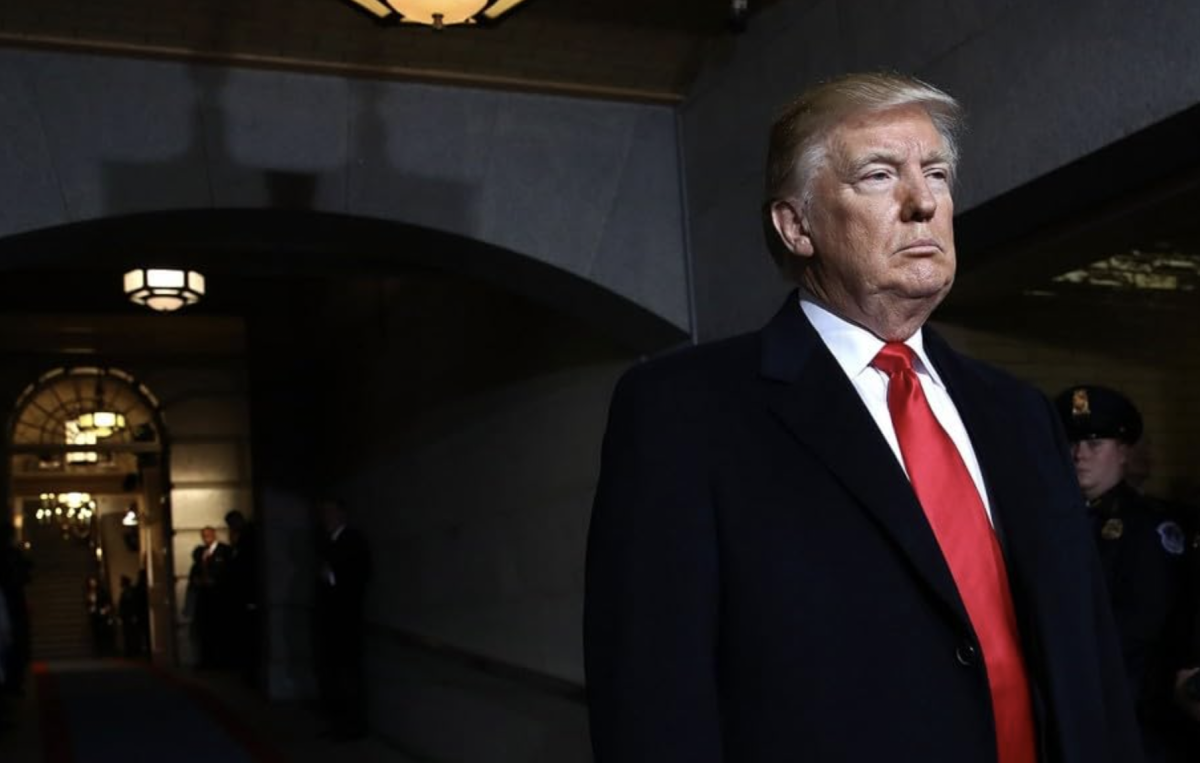A political dialogue group facilitated by the University of Massachusetts had to be cancelled last week due to lack of participation.
The event was scheduled to be held in Tobin Hall, serving as an organized way for students to debate controversial ideas. The groups were meant to be open to any UMass undergraduate students who signed up but not enough students did.
David Reinhard, a post-doctorate studying social psychology at the in the University’s Peace and Violence program helped organize the event.
“I think there is interest in participating among the students on campus, but tapping it has been more elusive than expected,” Reinhard said.
Reinhard described what would take place during this discussion.
“You’ll get to participate in a moderated dialogue among other undergraduates with diverse political beliefs. In addition to the dialogue, you’ll be able to learn about some relevant research regarding the consequences that political conflict can have, as well as tell us about your own personal views,” he said.
The project started when a recent campus climate survey brought to light that some students were feeling unheard in regard to their political beliefs, said Bernhard Leidner, an associate professor of social psychology and one of the researchers involved in the project.
“The University’s campus climate survey has shown some important rifts between students on our campus,” Leidner said. “People on both sides of the political spectrum reported grievances regarding unfair treatment, aspects and issues of diversity.”
Funding for the event was provided by a Campus Climate Improvement Grant, said Emmanuel Adero, director of diversity special projects in the Office for Equity and Inclusion.
“We offer these grants to invite members of the campus community to identify a campus climate-related issue or problem, and then propose and execute a project that addresses it,” Adero said.
The event was chosen for the grant in the hopes that it would help to create a more politically tolerant and unified student body.
“Our goal for these group conversations is twofold. First, we hope that by articulating their views, the students who take part in the conversations will better understand — if not necessarily agree with — both their own views and the views of others. Second, based on the conversations, we will try to see what can make such conversations ‘across the political aisle’ constructive and therefore successful,” Leidner said.
Leidner helped to design these dialogues to hopefully harness conflict into something positive and productive.
“For me, this project blends well with other work done in my group, on how to transform destructive conflict into constructive conflict — rather than trying to get rid of conflict altogether, which appears to be close to impossible, perhaps because conflict is part of human nature,” he said. “Therefore, it might be easier and more worthwhile to create change by engaging in conflict constructively, rather than by trying to avoid conflict altogether.”
According to Reinhard, the event was planned through the Office of Equity and Inclusion program, which helped the facilitators “gain training support for moderating the dialogues.” One of each of these facilitators will be from each side of the political spectrum, and they are meant to help keep the debates productive.
Sophia Gardner can be reached at [email protected].




















